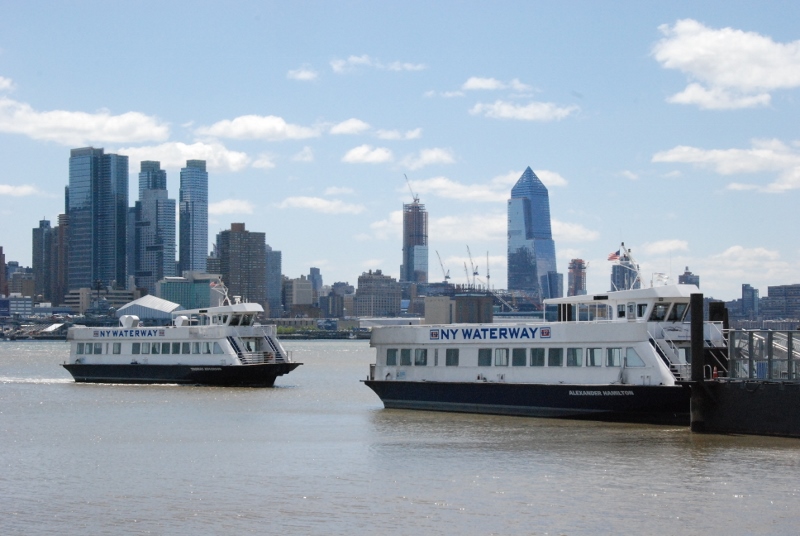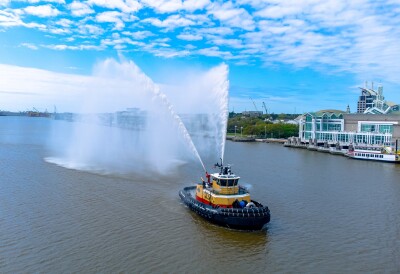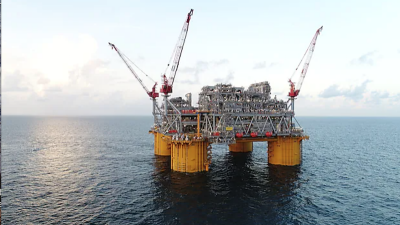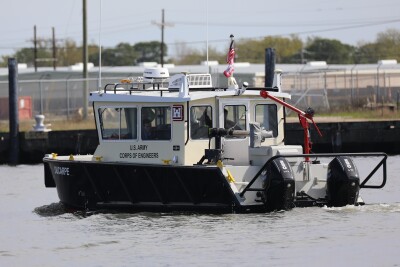Commuters flocked to the ferries when an early onslaught of snow and ice locked out commuter bus service from New York City Nov. 15.
Forecasters had warned the region could receive 4" of snow from the storm, but colder than expected temperatures also brought more sleet and freezing rain. That brought on severe road conditions that gridlocked much of the highway network around the city.
Conditions became so serious that buses could not reach the midtown Manhattan Port Authority Bus Terminal, which was thronged with workers trying to get home. Finally the Port Authority of NY/NJ advised commuters they would need to find other ways out of the city.
“NJ Transit buses are having trouble accessing PABT due to weather,” the agency broadcast via Twitter. “No estimate of when normal service will resume. All NJT bus passengers should use rail or ferries as alternatives.”

The transit agency and its longtime private ferry partner NY Waterway cross-honored NJ Transit rail and bus tickets, so commuters who had paid their fares for surface transit could get them accepted for ferry rides.
The ferries operated past midnight into the early morning hours of Nov. 16, taking commuters who lined up at the 39th Street Ferry Terminal on the West Side of Manhattan to cross the Hudson River.
Commuters who took the boats to the Port Imperial Ferry Terminal in Weehawken, N.J., could then connect to light rail or loom for buses and cabs, or get picked up by car.
Other ferries took their passengers to other New Jersey terminals and landings. NY Waterway officials said the road conditions delayed some of the free buses they operate as part of their 32-year-old private system, but all the ferries ran on or close to schedule despite the weather.
“Our dedicated ferry crews, bus drivers and terminal staff worked late into the night to help others, a core belief and practice of our company for 32 years,” said Arthur E. Imperatore, NY Waterway’s president and founder. “We were there at 9/11 and other emergencies … we will always be there when needed.
Ferry operator Seastreak likewise reported an uptick in passengers as bus service broke down and trains out of the city were delayed or cancelled.
Despite recriminations from commuters and elected officials blaming forecasters, the commuting freeze-up was just one more indication of how overburdened and fragile the region’s surface transport has become.
The public NYC Ferry system attracted far more riders than anticipated after its May 2017 inauguration, and system operator Hornblower this summer took delivery of the first of six 350-passenger vessels — double the size of its original 150-passenger boats.
Private operators NY Waterway and Seastreak are likewise seeing steady growth demand, fueled by the city’s strong job market, but also stoked by growing public dissatisfaction with public rail and bus services.





